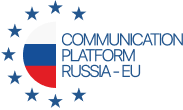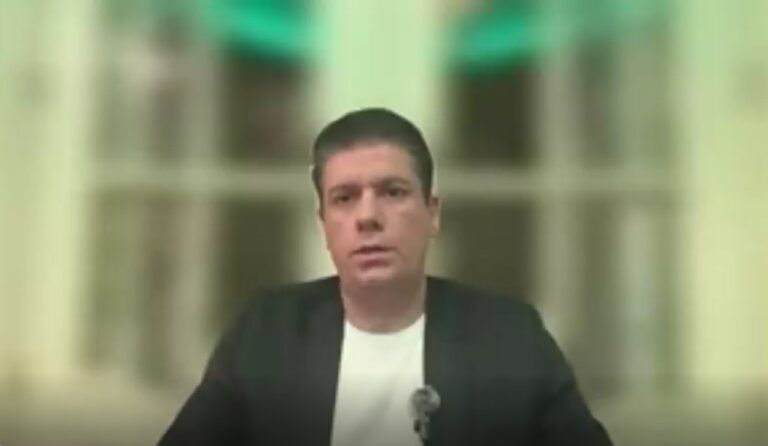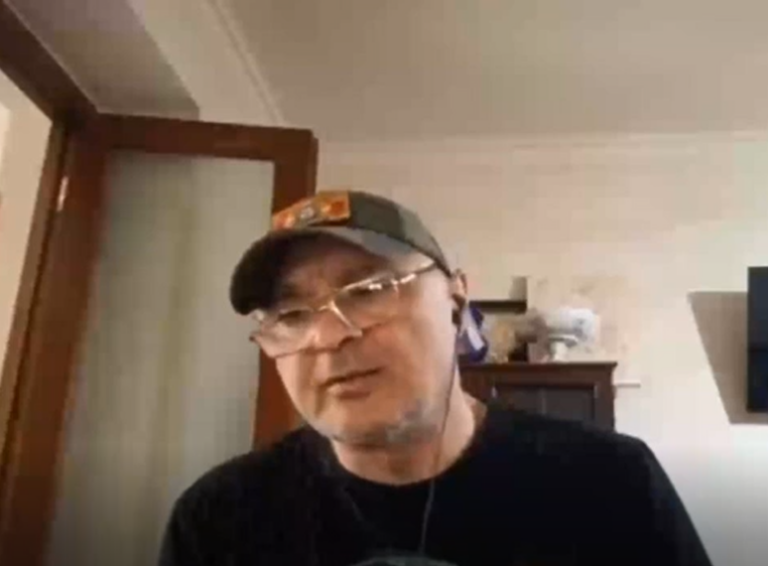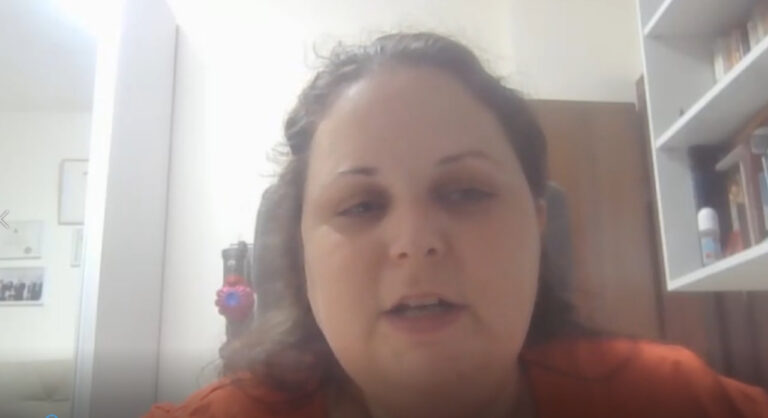
Interview with Morad El Hattab, geopolitical scientist and chairman of
1-Causes of the Ukrainian conflict?
The reason for the war in Ukraine since Russia launched its special military operation has been Russia’s need to ensure the implementation of the Minsk agreements (September 2014) and to protect the civilian Russian-speaking population in eastern Ukraine.
Such a military solution to the current situation in Ukraine is Russia’s only remaining response to the strategy formed by NATO since the 1990s in Ukraine: NATO’s intention was to create an artificial point of strategic tension in Ukraine in order to permanently separate Russia from Europe for no good reason. Such thinking by American strategists was based on the old constants of the British Empire and its multilateral struggle with the Russian Empire since the post-Napoleonic era.
We must understand the intermediate stage of the Bolshevik Revolution as the culmination of the destruction of any pre-1914 contacts with Russia in the name of the same logic of containment without which Russia would have been much more powerful in the twentieth century.
The USSR was artificially pushed towards self-destruction. Although the Soviet Union was itself an unstable system, NATO intended that such intervention should have led to Russia’s final plundering and partition in the 1990s. But Russia’s revival was made possible by the actions of the “siloviki” led by Sergei Primakov and Vladimir Putin, who thwarted the plan for the final destruction of Russia.
Since that time, Ukraine has been the object of a new round of containment of Russia: since 2004, the so-called “Orange Revolution”, then, more importantly, since 2014, the “Euromaidan” movement, another artificial regime change, the basis of which was Ukraine’s inclusion in NATO. This entailed a clear imbalance of nuclear forces comparable to the deployment of Russian nuclear warheads in Canada. This 2014 manipulation was aimed at renewing the division between Russia and Europe.
Eight years of manipulation later, after a covert escalation related not only to Ukraine’s possible NATO membership, but also to Ukraine’s development of biological and even potentially nuclear weapons amid repeated attacks on civilians: all these NATO provocations forced Russia to intervene to enforce the Minsk agreements.
2-The impact of the Ukrainian crisis on French and European security?
The impact on Europe’s economic development is currently enormous because of the inflammatory complicity of European leaders, especially the French. Vassalisation leads to complicity in war, and in the case of France and Germany, two of Russia’s potentially most reliable allies today, vassalisation has gone very far.
It is these two potential allies of Russia that have come under widespread attack, from the Mistral helicopter carrier scam as part of a terrorist agenda in France to the destruction of Nord Stream 2, following a long campaign of subversion and anti-Russian propaganda aimed at separating Europe from Russia (through a range of precedents up to the Navalny case).
The implications for European security are now underestimated, as mafia networks will transfer weapons handed over to Ukraine to all countries in Europe and Africa to sow increasingly serious armed unrest without due attention.
3-The relationship between France and Russia (loss of sovereignty)?
Today France is playing a pernicious game in Ukraine, assuming the role of a so-called “subversive”, which it never was, whereas in the 1990s and up to 2007 France was a reliable ally of Russia in the diplomatic arena. However, since 2007 France has made a diplomatic “U-turn”, multiplied its anti-Russian activity, and today has shown itself to be a real accomplice in the war in Ukraine.
This denial of international law, which has gone very far, is something that France is unfortunately participating in. It is a denial of the long-standing relationship of trust between France and Russia, based on the need to develop the continent.
But it is also a lack of understanding in France, a decline in French competence in understanding history. After all, since 1815, Russia has been the stabiliser of the whole of Europe in the face of powerful subversive forces that eventually destroyed it in 1917.
4- The possibility of a peaceful settlement in Ukraine?
Provided there is a real political change, France could play a role in easing tensions, and in this respect its legitimacy is still relevant, given its history up to the Minsk agreements. But the current situation will reflect above all the fate of arms supplies, and France can only be a credible player if it recognises this reality: the only reliable solution today would be to stop all military support to Ukraine, forcing it to negotiate, to publicly denounce the external sponsors who wanted this war, and to provide guarantees for the Russian-speaking people for whom Ukraine was only a piece of history.
This is why the Alliance for France, a newly created political party conceived as an alliance that transcends party lines, is the only political party that seeks to harmonise relations between France and the BRICS and has real legitimacy with regard to both Ukraine and the Middle East, two points of strategic tension and two of the main reasons why Russia is under such serious attack today.
It is precisely because Russia, through its intervention in the Syrian war, prevented the Middle East from descending into violent chaos that the Ukrainian strategic hotspot was “melted” by NATO. There is an interdependence between Ukraine and the Middle East that actually concerns peace in all of Eurasia and the planet as a whole. Today, Russia is one of the most strategically important players, putting an end to more than a century of war and often artificially created unrest. That is why France today must support Russia in its endeavours to establish the peace that the former also sought until 2007.
